As we all know, young children have a tendency to put random objects in their mouths. They are particularly drawn to colorful and shiny objects, including button batteries which are about the size of a small coin. Unfortunately, these tiny batteries can cause major injuries, or even death, if ingested.
Why are button batteries dangerous?
Due to advances in technology, lithium button batteries are becoming more and more prevalent. They are commonly used in everyday household items such as car remote controls, hearing aids, calculators, children’s toys, scales and television remotes. This has led to remarkable rates of button battery ingestions – over 3,000 are reported in the U.S. annually.
When swallowed, button batteries pose a high risk for injury and complications – including death – because of the chemical reaction they can cause in the esophagus, or food pipe. The esophagus is located near several other important structures in the body, like the aorta (main blood vessel leaving the heart) and the trachea (windpipe), and the chemical reaction caused by the battery can cause the lining of the esophagus to erode. If the battery is not removed promptly, the erosion can cause the esophagus to connect to the trachea or aorta leading to bleeding or difficulty breathing.
How can I protect my child around button batteries?
Like with most health issues, prevention is key. Button batteries may seem relatively harmless; however they must be kept securely away from children:
- Be aware of your surroundings and where in your home a child could access batteries, for example remote controls or electric candles.
- Be careful when you throw away batteries. Cover them so your child is safe.
What should I do if my child swallows a battery?
In the event of an accidental ingestion, you should first call 9-1-1 and then poison control (1-800-222-1222).
There are also some things you can do to reduce the risk of serious injury while waiting for the ambulance or on the way to the emergency department.
Recent studies have shown that a coating substance can protect the esophagus from the damage caused by the chemical reaction from the battery. A medication called carafate can provide this protection, but unfortunately it is only available from physicians. However, honey is a common household product which has similar protective properties.
If possible, and if the child is able to swallow, give 10 mL (2 tsp) of honey by mouth to children older than 12 months every 10 minutes, up to 3 doses. Children under 12 months of age are at risk for serious infections from unpasteurized honey and should not be given honey.
Do not give honey if the battery was possibly in the esophagus for more than 12 hours. Honey administration is not a substitute for emergent battery removal. It can slow tissue damage, but it does not completely prevent it from occurring. Battery removal should not be delayed because a patient has eaten recently or because a patient was given honey or carafate by mouth.
Do not try to make the child vomit or gag the battery back up. Batteries can do more harm on the way up than on the way down.
Remember: swallowing a button battery is a medical emergency, and it should be dealt with immediately.
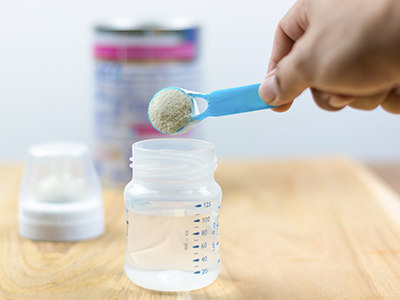 https://riseandshine.childrensnational.org/wp-content/uploads/2022/02/powdered-infant-formula-feature.png
300
400
Rise and Shine
https://riseandshine.childrensnational.org/wp-content/uploads/2017/11/childrens_riseandshine_logo.jpg
Rise and Shine2025-11-14 11:06:012025-11-14 11:18:37What you need to know about the ByHeart infant formula recall
https://riseandshine.childrensnational.org/wp-content/uploads/2022/02/powdered-infant-formula-feature.png
300
400
Rise and Shine
https://riseandshine.childrensnational.org/wp-content/uploads/2017/11/childrens_riseandshine_logo.jpg
Rise and Shine2025-11-14 11:06:012025-11-14 11:18:37What you need to know about the ByHeart infant formula recall


 Sarah Combs, MD, was a pediatric emergency room physician and Director of Outreach in the Division of Emergency Medicine and Trauma Services at Children’s National.
Sarah Combs, MD, was a pediatric emergency room physician and Director of Outreach in the Division of Emergency Medicine and Trauma Services at Children’s National.


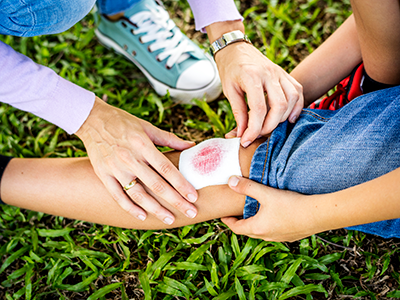
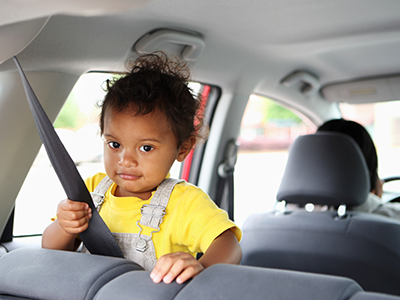
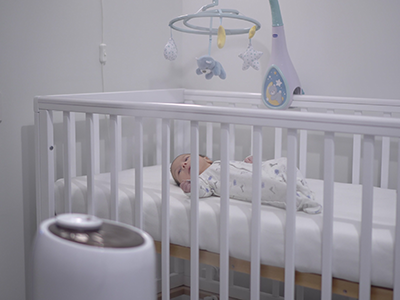
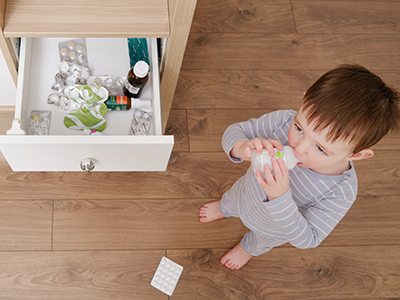

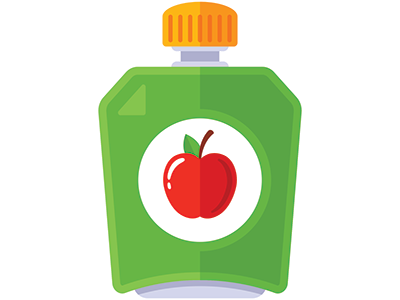


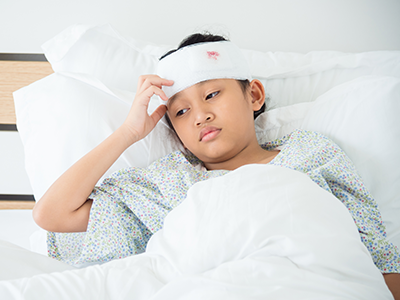
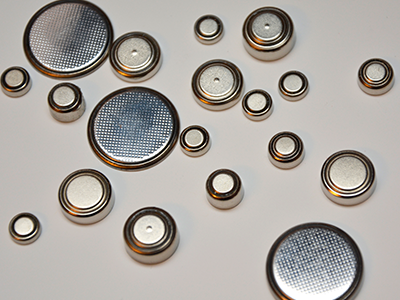
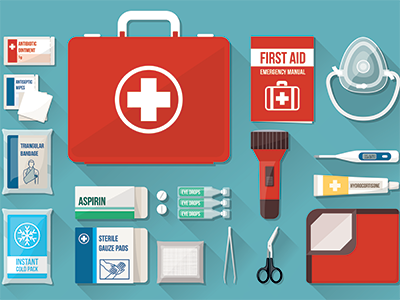
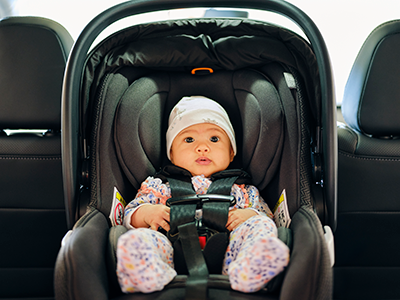
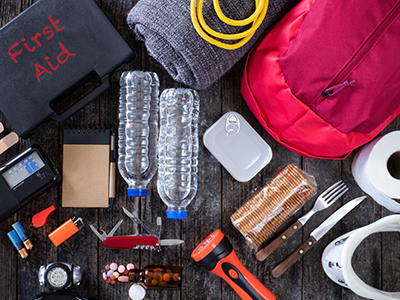
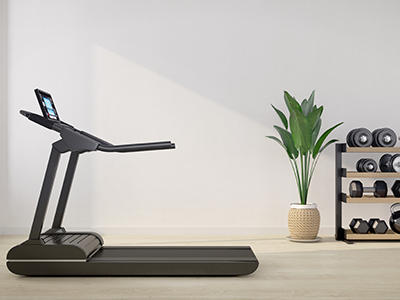


An excellent discussion of a subject that can only become more important in the future. Advice on patient management in the critical short term after ingestion is essential, and should be disseminated widely.